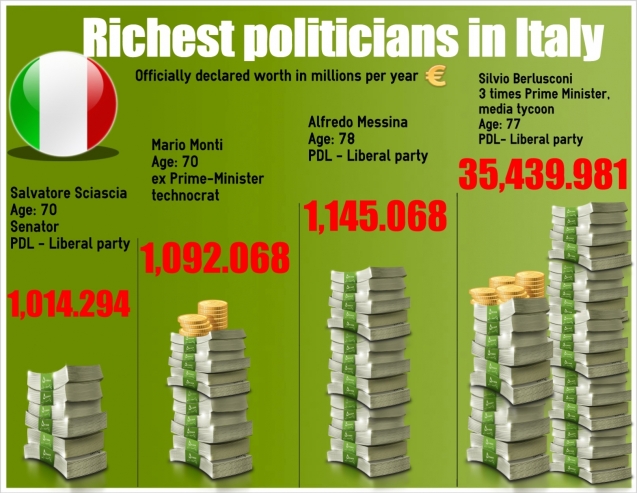They feel at home whether they live in Paris or Beirut, they celebrate Oktoberfest with German friends in Munich and New Year’s Eve on Times Square, they are masters of new technologies and they easily converse in different languages with their friends and family. For them to relate to people in Moscow or Milan, with managers or engineers, does not make much difference. They are ready to understand different cultures, be it African or Russian. They have an open mind and they are always ready to live out of the box. They are the global nomads.

A Global nomad has got the world in his hands
To leave a nomadic life is not a new phenomenon. The history of man is full of people who lead wandering lifestyles, moving from one place to another in search for food and water. Nomads traditionally travelled in a group, on foot or by animals. They moved according to the seasons and lived in tents. They were never attached to one territory.
Today the term global nomad refers to people who lead highly mobile lives, grow up, study or work among different cultures and countries. Due to fast-growing technologies, globalization process and change of values in our society global nomads are continuously on the rise. Various life-long learning initiatives as Erasmus, Leonardo da Vinci, Grundtvig also facilitate the process of becoming a global nomad.
Global nomads feel no strong attachments to one particular country. Usually elements of different cultures are blended and coexist side by side. They feel they belong everywhere and nowhere at the same time. They are different from immigrants or expatriates: they have less social ties with the country where they were born. They are more adaptable, open, dynamic, mobile, multicultural and cosmopolitan.
Global nomads, however, might struggle to respond to such a simple question as “Where do you come from?” You will probably hear in reply: “well, I was born in a country X, but at the age of five I moved with my parents to a country Y and then I studied my Master’s in a country Z and now I live here.”

Global nomads stand out from the crowd
Italian writer Adrianna Dagnino in her book “Nuovi nomadi” (New nomads) writes that today’s nomadism is a state of mind, a metaphor that the reality is always in a state of flux and that life will constantly require adaptation. She defines global nomads of the third millennium as a new tribe without a territory, that makes an extensive use of mobile phones, computers, digital cameras to keep in touch with the rest of the world and to have a fixed reference point even within their highly transient lives. It is a new and yet old approach to existence that resembles borderless life of our ancestors.
illustrations by Jakub Krechowicz and Sanja Gjenero
Related stories
Born to be a global nomad (Alex Cotoranu shares his experience living in different countries)
Normal person vs Global nomad
How many students study abroad?
Miscellaneous

0.000000
0.000000























